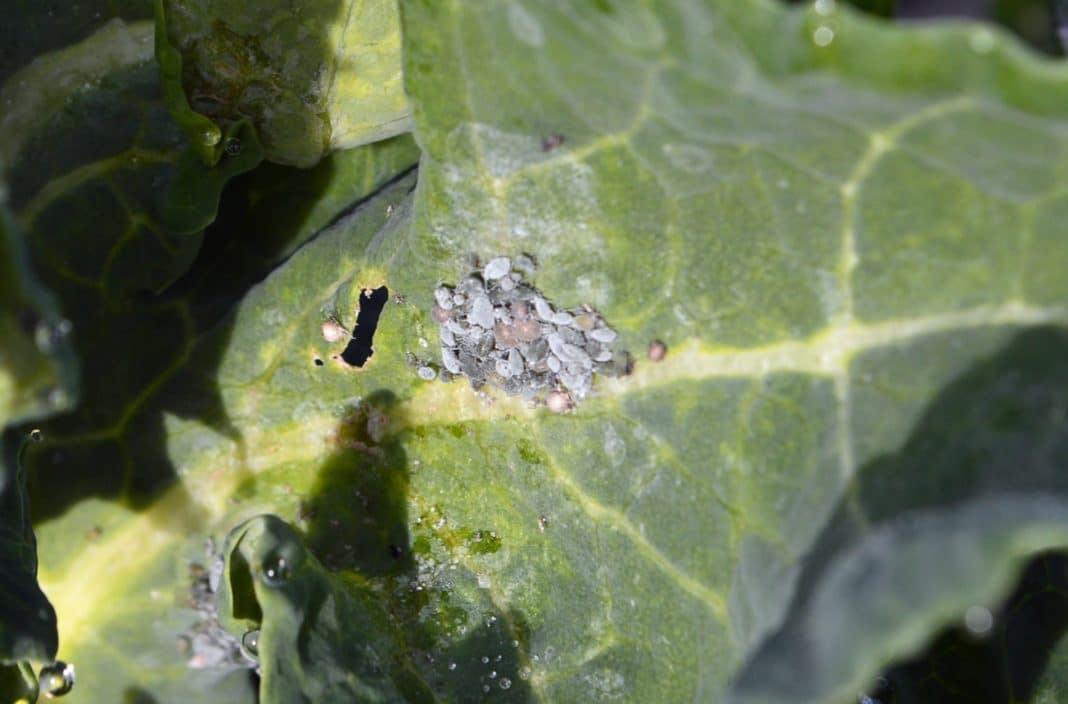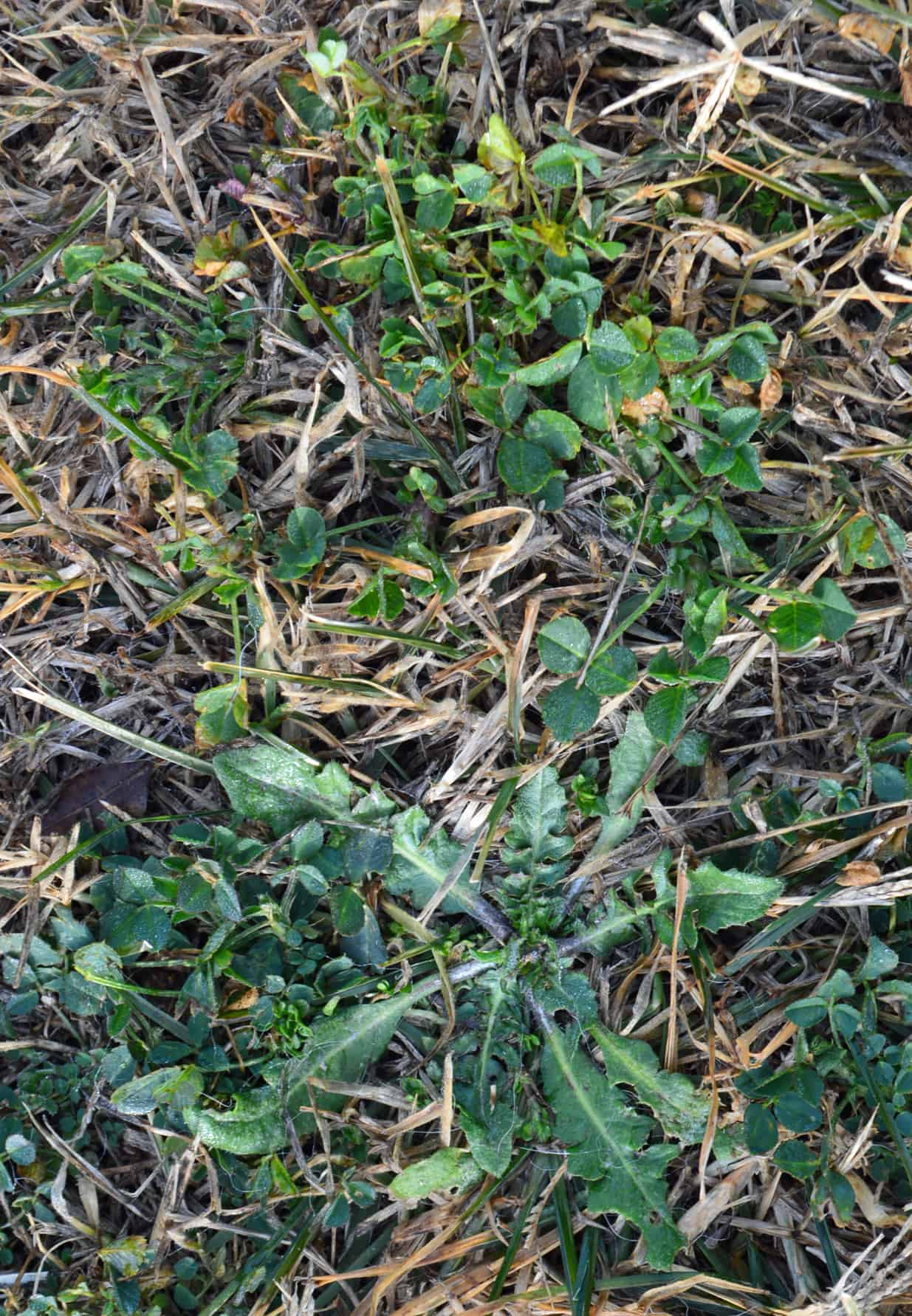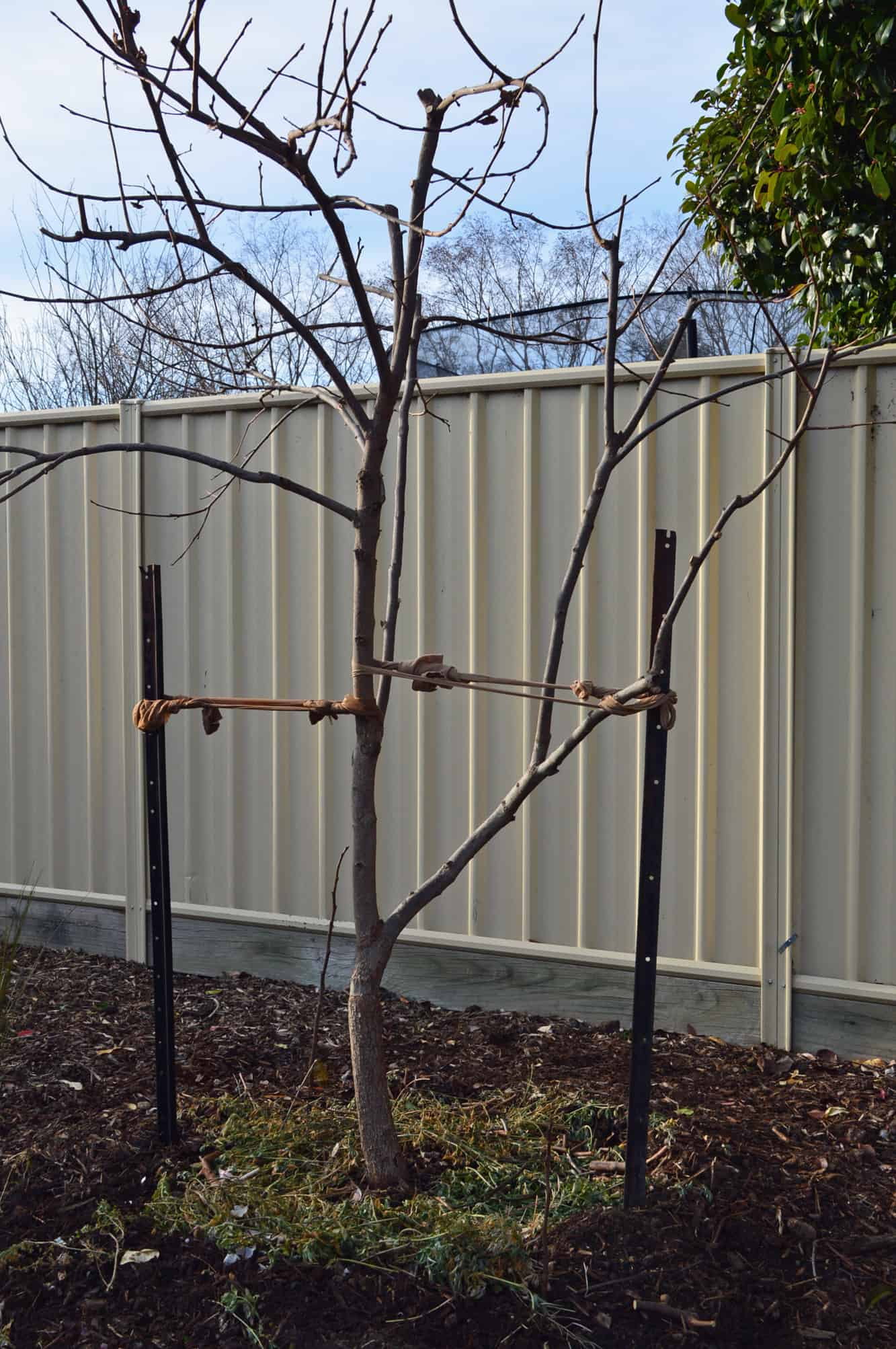CW gardening writer Tracey Bool outlines jobs to do in the garden in the depths of the Canberra winter to keep it as healthy as possible.
- During cold frosty weather, weeds tend to flourish and out-compete lawn species. Winter is the time to control broad-leaf weeds in your lawn such as clover, capeweed and bindii, before they set seed and spread in spring. If practical, hand removal is the most efficient and environmentally friendly approach. There are also herbicide grades of acetic vinegar available, which if used as directed, is effective for spot control of many annual and some perennial weeds. Otherwise, there are a range of products on the market designed for selective weed control in a range of lawn species. Once you have the weeds in your lawn under control, hand removal as they appear means you can avoid the use of chemical sprays in the future – the ideal outcome for people, wildlife (especially pollinators) and the soil.
- Winter is the time to prevent leaf curl disease in stone fruit such as peaches, nectarines and plums. Leaf curl damages and distorts foliage, which affects plant health, fruit production and quality, and a plant’s ability to photosynthesise. Apply lime sulfur during winter before the buds swell, to destroy disease spores before they have the opportunity to infect new leaves as they appear in spring. Lime sulfur also controls scale pests and shot hole, rust and freckle diseases on stone fruits. Remove any fallen leaves and maintain good air circulation by maintaining an open vase shape when pruning.
- Aphids can be a lingering pest on some veg plants, such as broad beans and broccoli. Spray water on effected areas to remove them. Spot contact sprays pyrethrum and white oil can also be used for control of aphids. Repeat applications may be needed, including after rain or watering.
- Apply fortnightly applications of liquid fertiliser to veg and flowering annuals to keep them producing well. Homemade organic fertilisers such as worm, weed and compost tea are excellent as they promote resilient plants and feed the soil.
- Apply organic matter as a slow-release fertiliser; natural forms of fertiliser such as compost or well-rotted manure releases nutrients gradually, which is better-suited for this time of year when growth has slowed.
- Maintenance pruning can be carried out on many deciduous plants during winter. This is a handy time to do so as you can easily view the structure of the tree. Ask your local garden centre for more information or alternatively there is a plethora of online resources.
- Winter is also the time to plant deciduous bare-rooted trees and shrubs, including roses. A general guide is to:
– Check the soil pH is suitable for chosen species and remedy if necessary.
– Judiciously cultivate the soil at least twice as wide as the plant’s root system and no deeper than spade depth, to avoid digging into subsoil and creating issues with drainage.
– Incorporate approximately one third organic matter with existing soil.
– Apply a mulch of lucerne, humus, straw or non-treated bark, avoiding the trunk area.
– Water in well with a soil conditioner and keep soil moist but not wet.
RIGHT: Winter is the ideal time to plant bare rooted deciduous trees and shrubs, such as the persimmon pictured.





